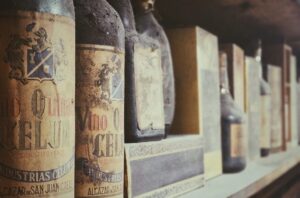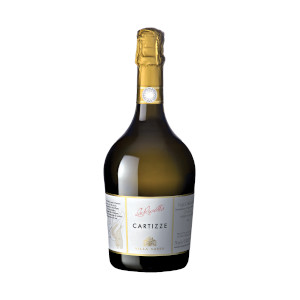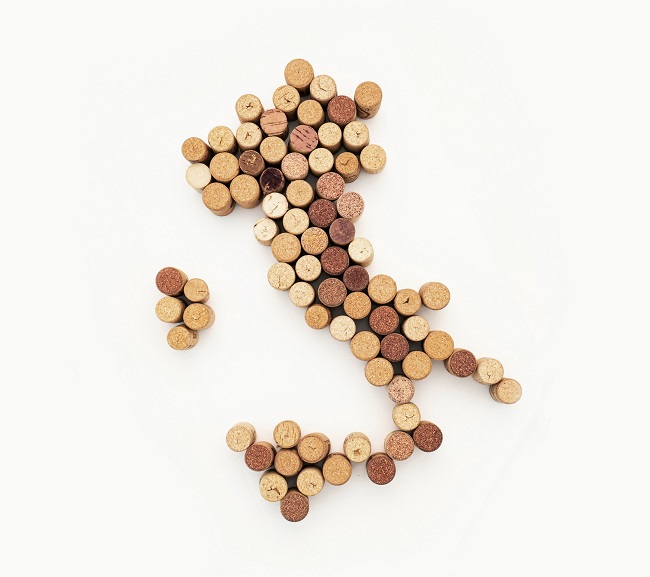Wine has been a part of London’s history for centuries. The Romans first introduced wine to Britain in the 1st century AD, and it quickly became popular among the upper classes. The Romans established the first vineyards in Britain in modern-day London. However, in the Middle Ages, wine began to be produced on a larger scale in England.
During the medieval period, wine was an important commodity primarily imported from France. The Church controlled the wine trade, which owned many of the vineyards in France, and had a virtual monopoly on the wine trade in England. Wine was also an essential part of religious ceremonies to celebrate the Eucharist.
In the 14th century, the Black Death devastated Europe and led to a decline in the wine trade. As a result, many vineyards were abandoned, and wine production declined. However, wine remained an essential commodity in England, and by the 16th century, the country was importing large quantities of wine from France, Spain, and Portugal.
During the Tudor period, wine consumption in England increased dramatically, particularly among the upper classes. Queen Elizabeth I was known to be a great lover of wine, and her court was renowned for its lavish banquets and wine drinking. During this period, the first wine merchants established themselves in London, importing wine from France and other parts of Europe.
By the 17th century, the wine trade in London had become a significant industry, with thousands of barrels of wine being imported into the city annually. Many of the wine merchants were located in the City of London, and they became some of the city’s wealthiest and most influential people. In addition, the wine trade was so important that it played a significant role in developing the London docks, which were built to accommodate the large ships that brought wine and other goods into the city.
The 18th century saw a further expansion of the wine trade in London, with the establishment of many wine merchants’ shops and cellars. For example, the famous wine merchant Berry Bros. & Rudd was founded in 1698 and is still in business today. Many wine merchants also became involved in producing fortified wines, such as port and sherry, which were popular in England.
During the 19th century, London remained an important centre for the wine trade, with many new wine merchants and importers setting up shops in the city. The Industrial Revolution also significantly impacted the wine trade, as new technologies made transporting and storing wine easier. By the end of the century, London had become one of the largest wine markets in the world, with wine from all over Europe and beyond being sold in the city.
Today, wine continues to be an essential part of London’s culture and economy. There are many wine bars and shops throughout the city, offering a wide variety of wines from all over the world. London is also home to the annual London Wine Fair, which attracts thousands of wine industry professionals worldwide.
In conclusion, the history of wine in London is long and fascinating. From its origins as a luxury item imported by the Romans to its status as a significant industry in the 19th century, wine has played an essential role in the city’s development. As a result, London’s wine culture thrives today, making it an excellent destination for wine lovers worldwide.





